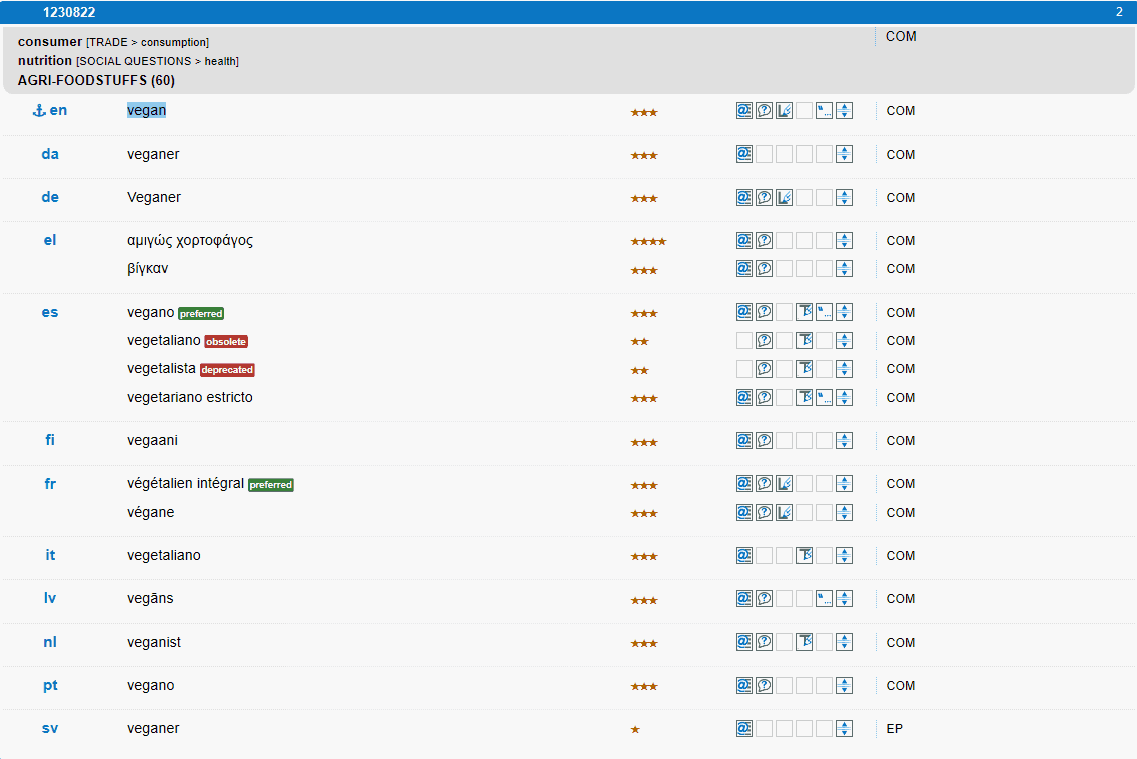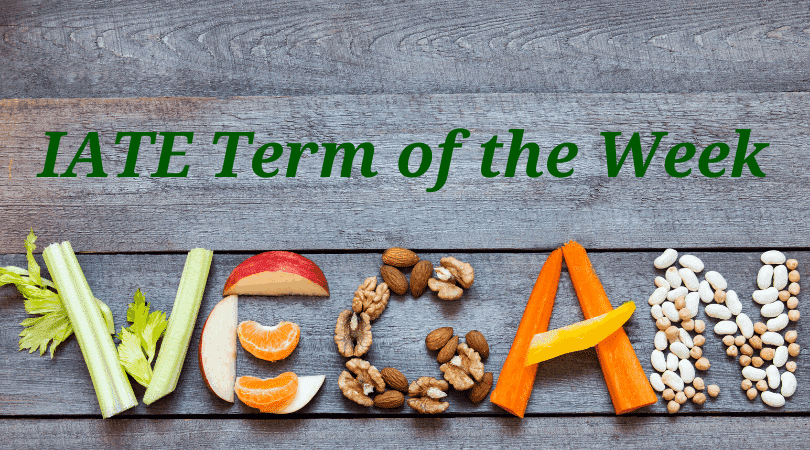I bet you heard about the term vegan, as it has recently become trendy. However, do you really know what it means, to be vegan?
What does vegan mean?
According to the Cambridge Dictionary, the term vegan defines someone who does not eat or use any animal products, such as meat, fish, eggs or leather. In addition, vegans consume no dairy products or honey. They also avoid wearing products derived from animals or that may have involved cruelty to animals. It means that they said farewell to the use of wool, silk and so on. Nowadays, the meaning of the term includes other non-food products, such as cosmetics and medicine. As you can understand, being vegan goes beyond any diet you can think of; it is a lifestyle.
Moreover, you can note that Veganism is protected as a human right under Article 9 of the European Convention for the Protection of Human Rights.

Where does the term vegan come from?
Veganism exists for longer than you think! Back to approx. 2,000 years ago, evidence of people already chose to avoid animal products. Besides, the earliest concepts of veganism were emerging in 1806. Dr William Lambe and Percy Bysshe Shelley were ones of the first to oppose the use of eggs and dairy on ethical ground. Later on, in 1944, Donald Watson organized a meeting with five other non-dairy vegetarians to discuss non-dairy vegetarian diets and lifestyles. They were the pioneers of a new movement (“non-dairy vegetarians”), which required a different and shorter name to represent them better. They eventually settled on vegan. Donald Watson coined this term, marking “the beginning and the end of vegetarian”.
What do vegans eat?
Most individuals assume that a vegan diet consists of a very narrow and monotonous range of food. Here is a non-exhaustive list of vegan nutrients:
– Vegetables
– Fruits and berries
– Rice, wheat, and other grains
– Beans, tofu, and tempeh
– Soy milk and nut milks
– Nuts and Seeds
– Vegetable oils
So do not worry, you will not lack any nutritional values consuming those nutrients. Check out more information on veganism.
Sources:
– Vegan. Cambridge Dictionary. https://dictionary.cambridge.org/fr/dictionnaire/anglais/vegan (Accessed on 04/02/2020)
– Vegan. IATE. https://iate.europa.eu/search/standard/result/1580814896870/1 (Accessed on 04/02/2020)
– What Do Vegans Eat? A Guide to the Best Vegan Food, https://www.vegan.com/foods/ (Accessed on 04/02/2020)
– What does vegan mean?, https://www.vivahealth.org.uk/going-vegan/what-is-a-vegan (Accessed on 04/02/2020)
– The Vegan Society, https://www.vegansociety.com/about-us/history (Accessed on 04/02/2020)
– What Being Vegetarian or Vegan Means?. Rose Elliot. https://www.roseelliot.com/vegetarian—vegan-living/-the-meaning-of—- (Accessed on 04/02/2020)
 Written by Samira Joineau
Written by Samira Joineau
Communication Study Visitor at the Terminology Coordination Unit of the European Parliament in Luxembourg. She holds a Bachelor degree in Languages, Literature and Foreign Civilizations (English). She is a student of the Master in Learning and Communication in Multilingual and Multicultural Contexts at the University of Luxembourg.

